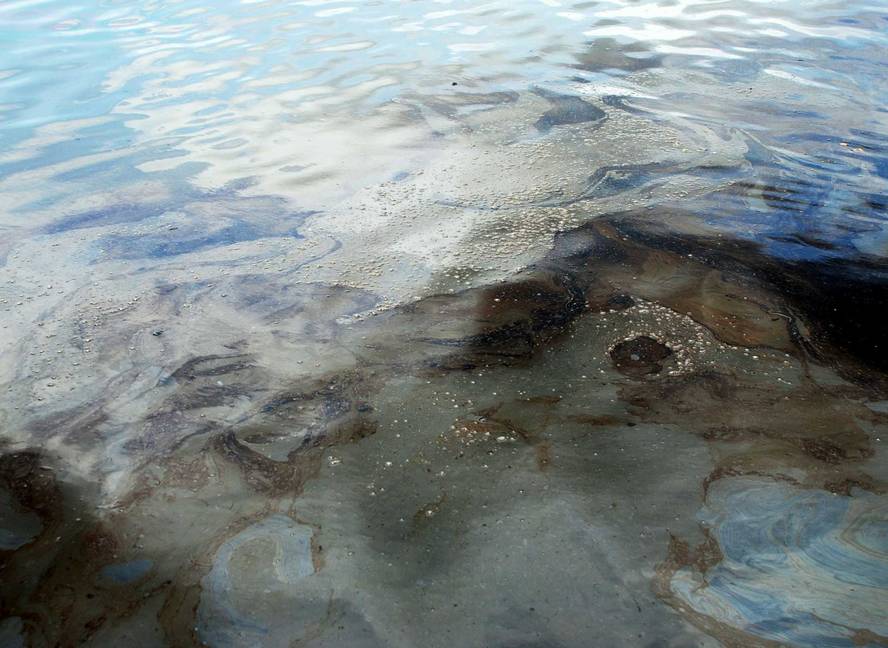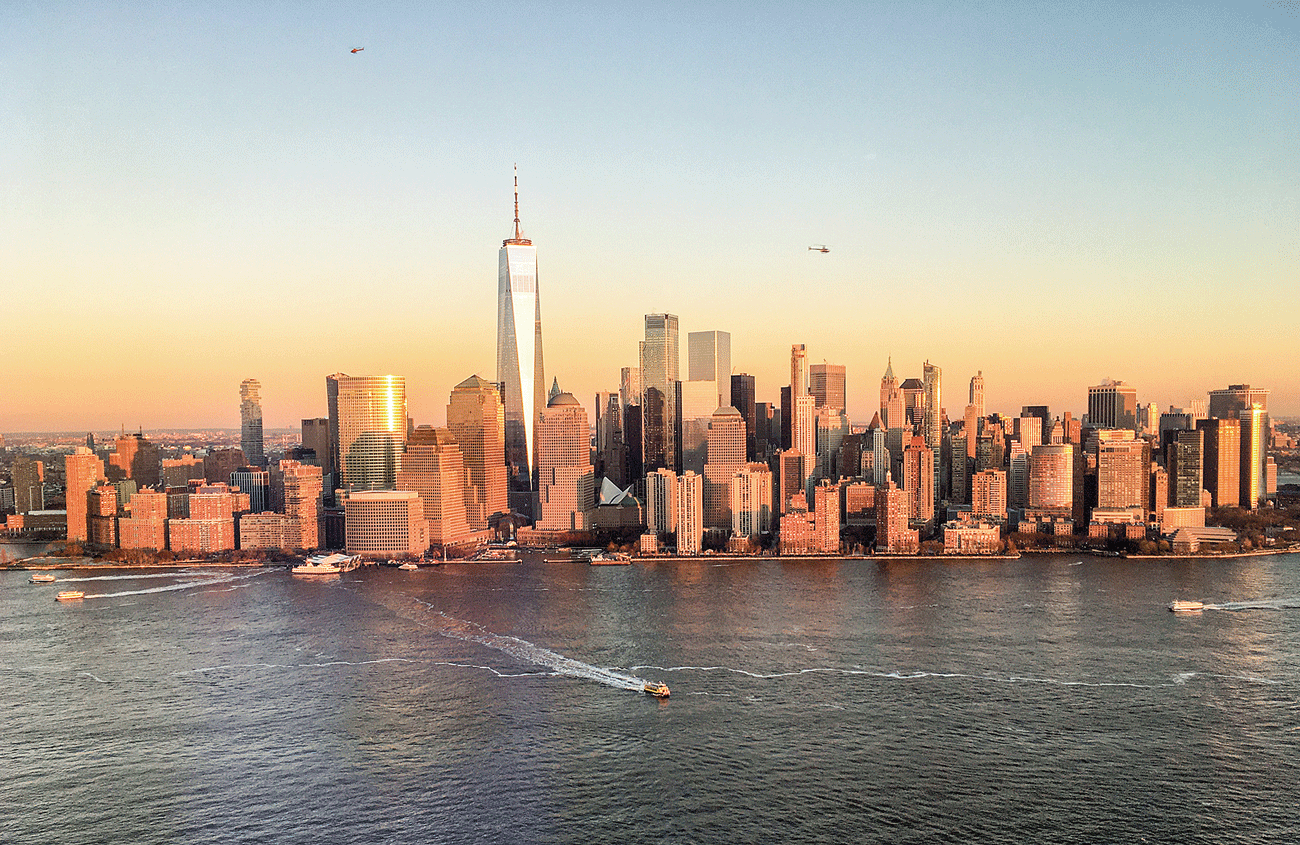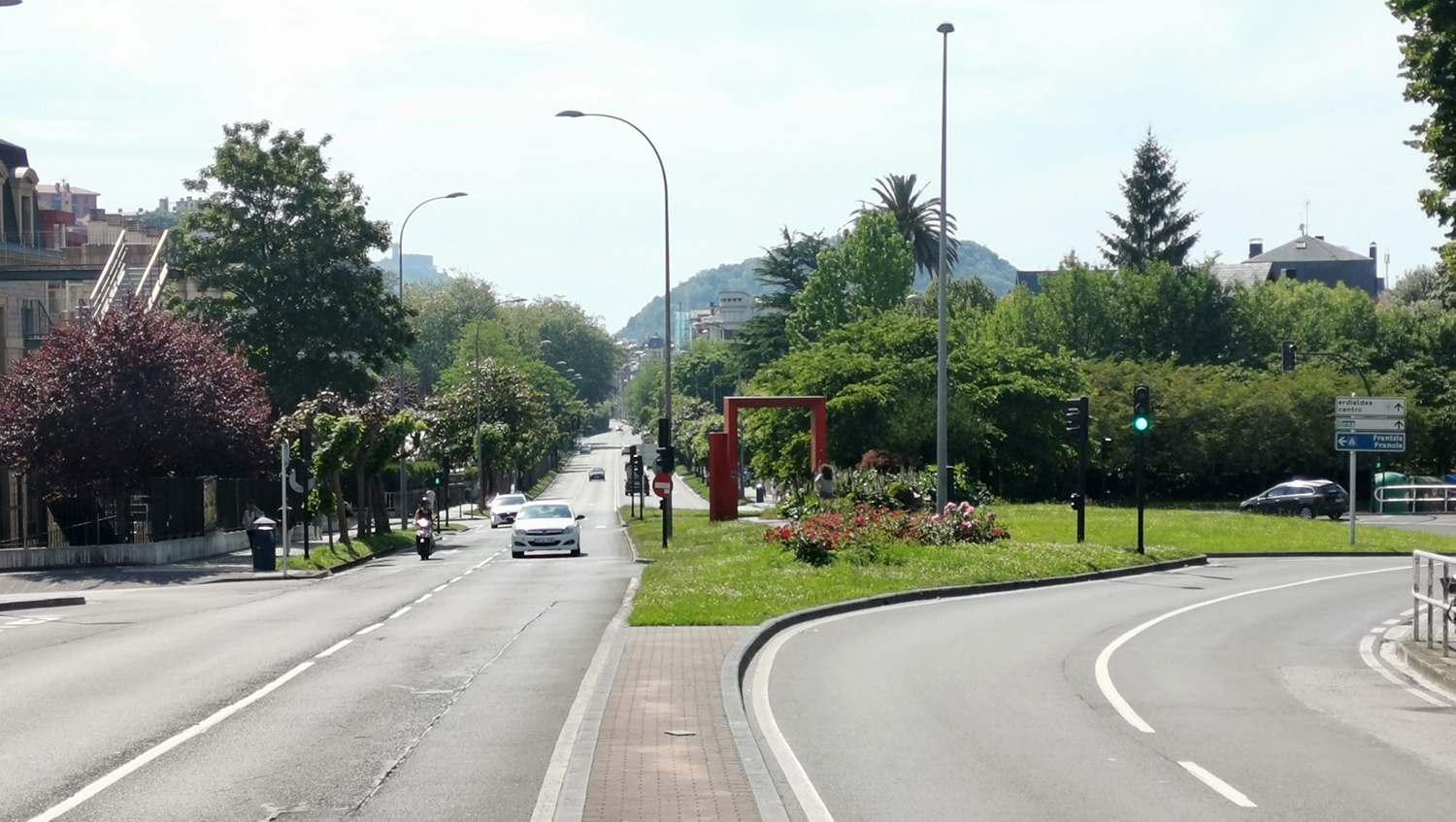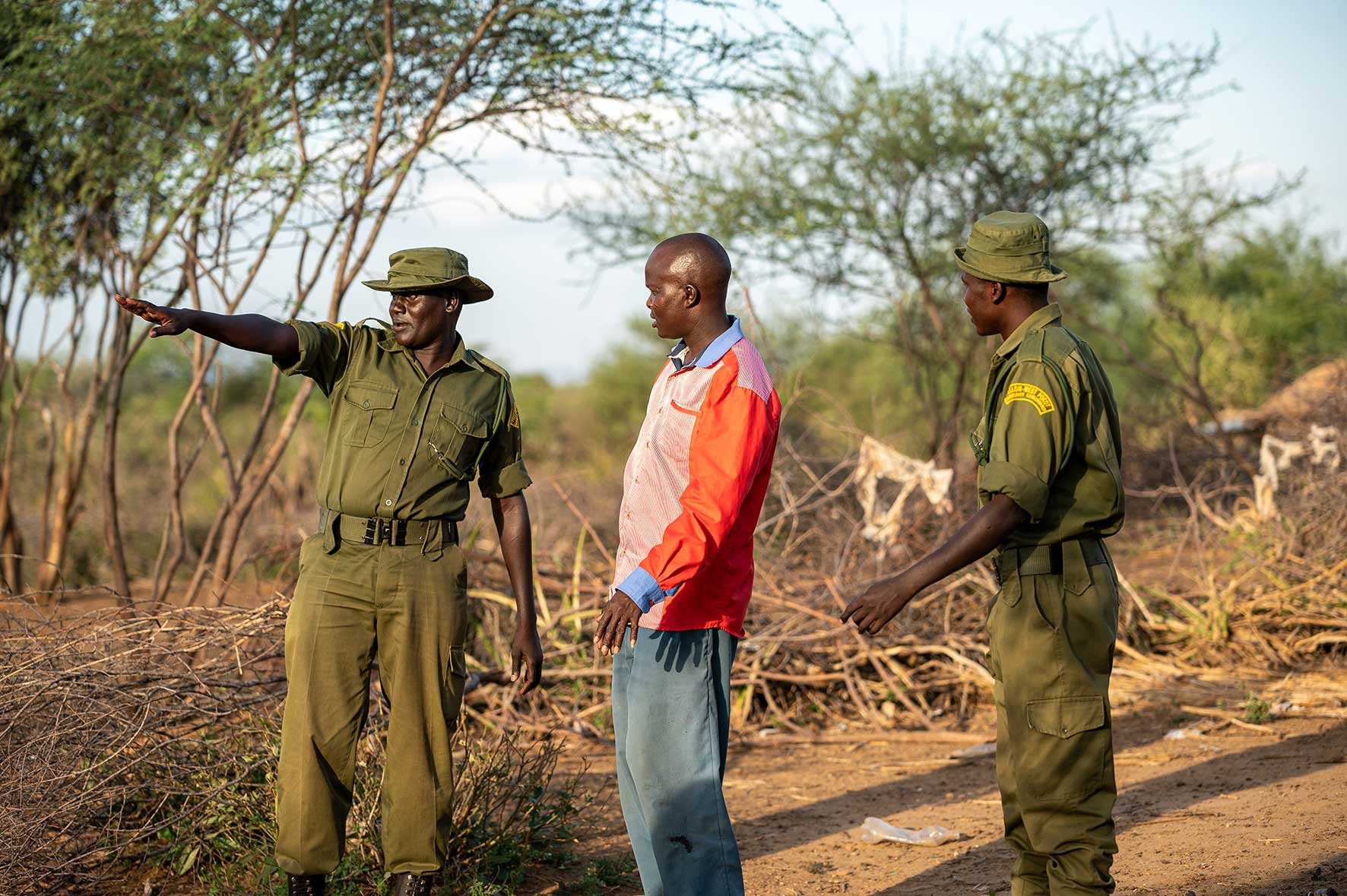Greenland, a green paradise
- Greenland, 982. Erik Thorvaldsson (950-1003), better known as Erik the Red, came to the largest island in the world.
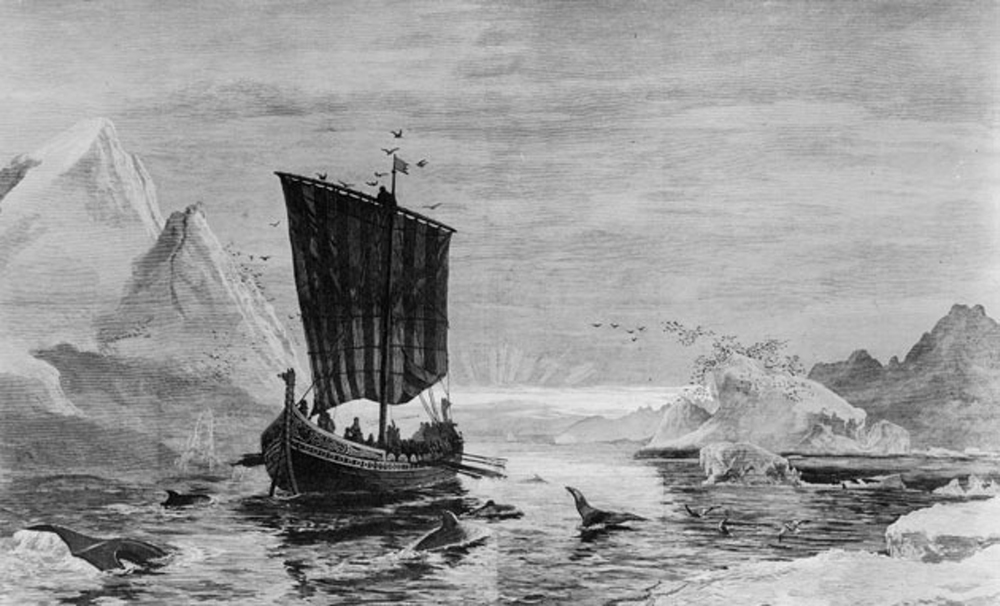
The Norwegian explorer and merchant left his country a few years earlier, escaped a murder, and came to Iceland. There he was also charged with several crimes and sentenced to three years of exile. Then he came to the coast of Greenland, always according to Sage from the Icelanders.
Upon completion of the sanction, Miguel Strogoff reported that the new territory could be the appropriate place and in 986 14 boats arrived on the island with the intention of residing there. According to the Erik the Red Saga, “in summer, Erik went to the land he had just discovered. He called him Greenland because his name would help attract people.” Grønland means "green land" and thus suggests fertile land and a climate favourable to the men and women it recruited. With this name, many thought it would be much better than Iceland (“Land of Ice”). Today, several historians regard Erik's play as a deception and a kind of misleading advertising.
Before that, the west of the island was populated by Inuits called Kalaallit Nunaat or Kalaalliten Land, the largest group of Inuits in Groelandia. Furthermore, Erik was not the first Nordic to come to Greenland. According to tradition, a century earlier, Gunnbjörn Ulfsson had stepped the territory and called it Gunnbjarnarsker. Later, Snaebjörn Galti tried to start a human settlement on site, but the attempt failed according to the records of the time. Maybe because he didn't get it right to make an effective campaign, as Eric would later.
It is to be assumed that in 986, when the 14 ships arrived, they would realize that the land that Erik the Red had adorned with green was covered with ice and snow.
But, as the scientific journal PNAS has just published, Greenland ice is melting much faster than previously thought, four times faster than in 2003. Unfortunately, climate change has made the fraud of Erik the Red a reality.
Berria izateari utzi dio: beroketa globalak bi graduak gaindituko ditu, eta gainditze horrek ondorio oso garestiak ditu. Klimaren gaia tabu bilakatzen ari den testuinguru berri honetan, banketxe handiek ez dute horri buruz komunikatzen, baina arazoaz ongi jabetu dira eta... [+]
On the night of April 28, the terraces of Barcelona’s Badal Rambla were crowded; unrefrigerated beers were served, but people seemed happy. “If the end of the world has to come, let it catch us with joy,” a neighbor told me. For more than ten hours the electricity had... [+]
Klima aldaketaren eraginez, munduko lurralde gero eta gehiago idortzen ari dira, milioika pertsonaren jarduera eta bizimoduak kolokan ezarririk. Fenomeno horren frontean dago India erdialdeko Maharashtra estatua, non klimaren berotzeari eta lehortzeari metatu zaizkien oihan... [+]
Today’s Venice is built on an archipelago of 118 islands. These islands are connected by 455 bridges. The city is based on mud rather than Lura. Millions of trees in the area were cut down from the 9th century onwards to build piles and cement the city. Years have passed and... [+]
Lurrak guri zuhaitzak eman, eta guk lurrari egurra. Egungo bizimoldea bideraezina dela ikusita, Suitzako Alderdi Berdearen gazte adarrak galdeketara deitu ditu herritarrak, “garapen” ekonomikoa planetaren mugen gainetik jarri ala ez erabakitzeko. Izan ere, mundu... [+]
Eskola inguruko natur guneak aztertu dituzte Hernaniko Lehen Hezkuntzako bost ikastetxeetako ikasleek. Helburua, bikoitza: klima larrialdiari aurre egiteko eremu horiek identifikatu eta kontserbatzea batetik, eta hezkuntzarako erabiltzea, bestetik. Eskola bakoitzak natur eremu... [+]
Agintari gutxik aitortzen dute publikoki, disimulurik eta konplexurik gabe, multinazional kutsatzaileen alde daudela. Nahiago izaten dute enpresa horien aurpegi berdea babestu, “planetaren alde” lan egiten ari direla harro azpimarratu, eta kutsadura eta marroiz... [+]











